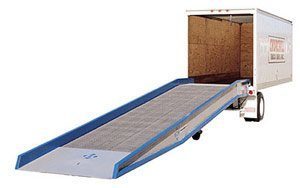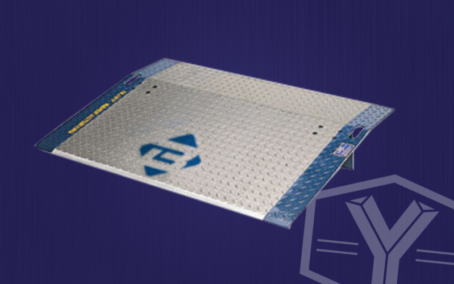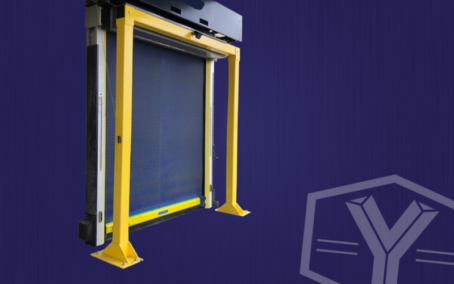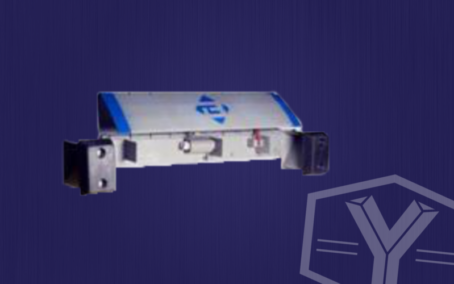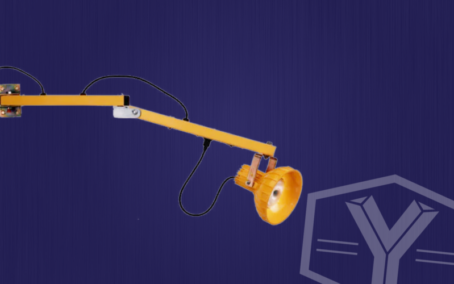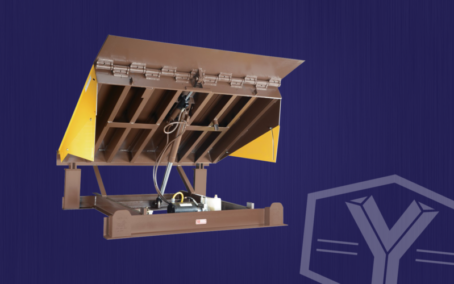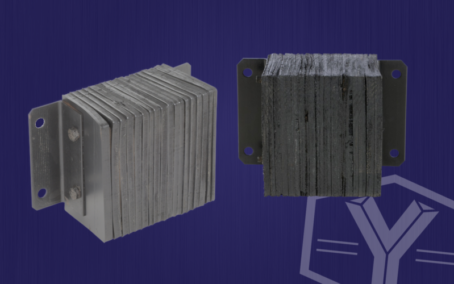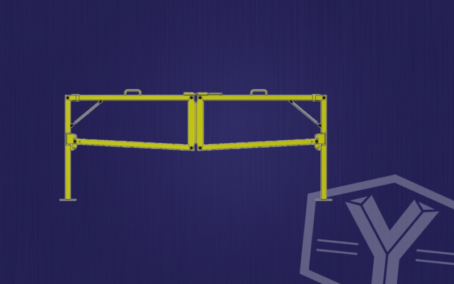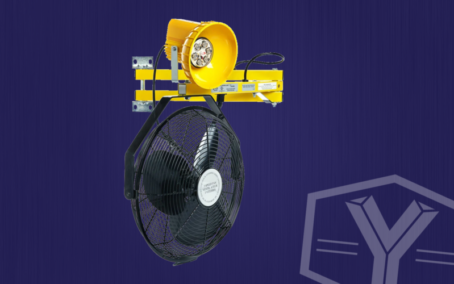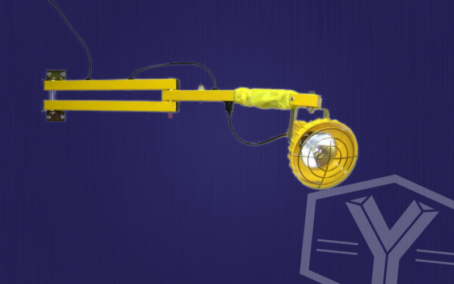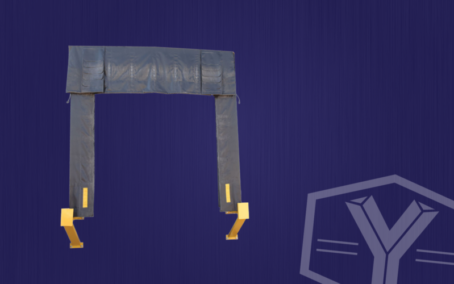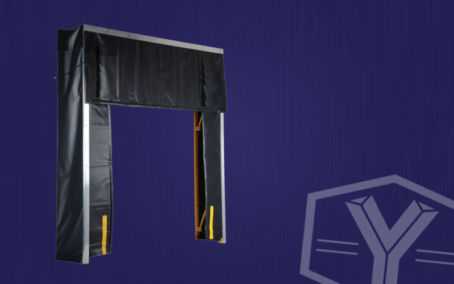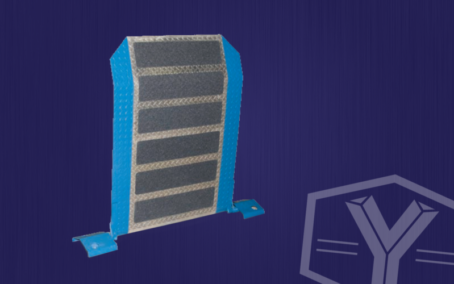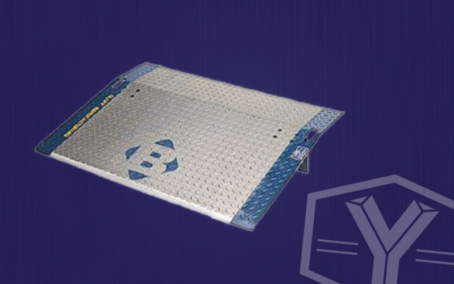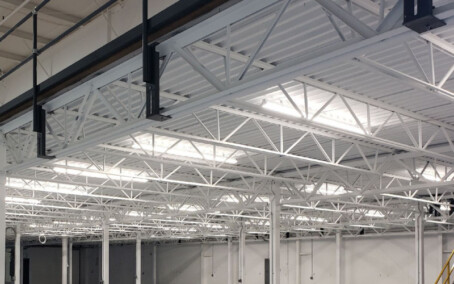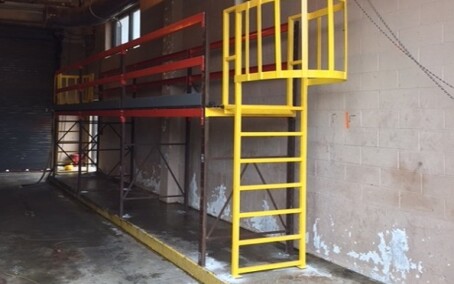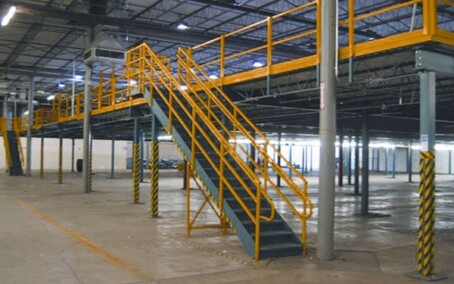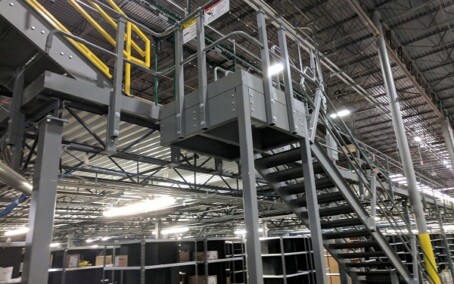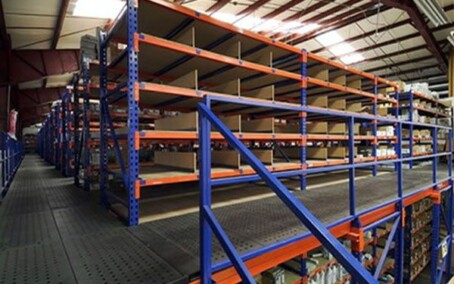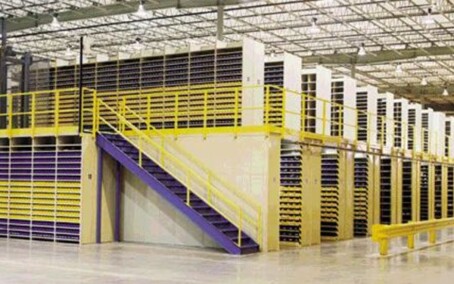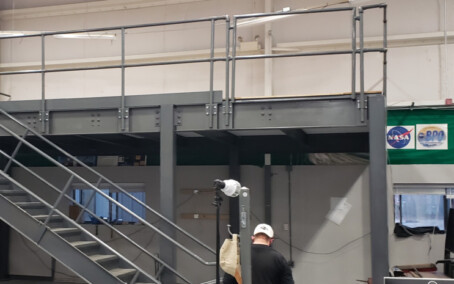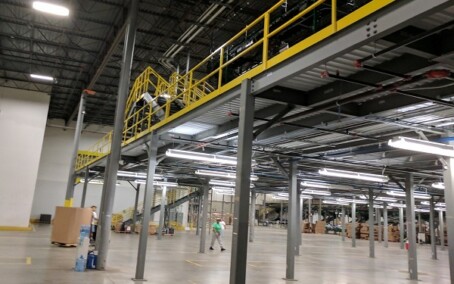In the dynamic world of material handling, the efficient movement of goods is the cornerstone of productivity. Forklift ramps, also known as yard ramps, are the unsung heroes that bridge the gap between ground level and trailers or elevated platforms. These versatile pieces of equipment play a pivotal role in a wide range of industries, from warehousing and logistics to construction and manufacturing.
Let’s start our journey by understanding what forklift ramps and yard ramps are and why they are critical in material handling.
What Are Forklift Ramps and Yard Ramps?
- Versatile Loading Equipment: Forklift ramps, or yard ramps, are portable or fixed inclined surfaces that bridge the gap between the ground and trailers, docks, or other elevated platforms.
- Material Handling Bridge: They enable forklifts and other industrial equipment to smoothly transition between different levels, facilitating the loading and unloading of goods.
The Significance of Forklift Ramps
- Efficiency Boosters: Forklift ramps enhance material handling efficiency by eliminating obstacles and reducing manual handling.
- Safety Enhancers: They provide safe and controlled access for forklifts and workers, minimizing the risk of accidents.
Forklift ramps and yard ramps come in various types, each tailored to specific applications and requirements.
Mobile Yard Ramps
- Portability: Mobile yard ramps are portable and can be moved to different locations as needed.
- Versatility: They are versatile and suitable for loading and unloading goods from trucks, trailers, and containers.
Stationary Yard Ramps
- Fixed Location: Stationary yard ramps are permanently installed at a specific location, such as a warehouse dock.
- Durability: They are designed for long-term use and provide a stable loading/unloading platform.
Hydraulic Yard Ramps
- Hydraulic Lift: These ramps feature a hydraulic lifting mechanism that allows for easy height adjustment.
- Controlled Elevation: Hydraulic yard ramps provide precise control over the ramp’s height, making them ideal for various loading scenarios.
Container Ramps
- Container Access: Container ramps are designed specifically for easy access to shipping containers.
- Safety Features: They often feature safety rails and non-slip surfaces to ensure safe container loading and unloading.
Forklift ramps and yard ramps find applications across diverse industries, optimizing material handling processes.
Warehousing and Logistics
- Loading/Unloading: Yard ramps increase warehouse efficiency by loading/unloading goods from trucks and trailers.
- Temporary Dock: Mobile yard ramps create temporary loading docks, enabling businesses to adapt to changing operational needs.
Manufacturing
- Material Movement: Ramps facilitate the movement of raw materials, components, and finished products within manufacturing facilities.
- Assembly Lines: The use these devices to load products onto assembly lines streamlines production.
Construction
- Heavy Equipment Access: Construction sites utilize ramps to provide access for heavy equipment to elevated areas.
- Material Delivery: Ramps aid in the delivery of construction materials to different levels of a building under construction.
Retail and Distribution
- Distribution Centers: Yard ramps expedite the flow of products in distribution centers, ensuring timely order fulfillment.
- Retail Stores: In retail stores, people use ramps to load/unload inventory, which reduces handling time.
The use of forklift ramps and yard ramps offers a multitude of benefits, enhancing operational efficiency and safety.
Enhanced Efficiency
- Time Savings: Ramps reduce the time needed for loading/unloading, contributing to faster material handling processes.
- Increased Throughput: They enable more efficient use of loading docks, allowing for a higher throughput of goods.
Safety Improvements
- Reduced Manual Handling: Ramps eliminate the need for manual lifting and carrying, reducing the risk of injuries.
- Stability: They provide a stable transition between levels, minimizing the risk of accidents or product damage.
Adaptability
- Versatility: Forklift ramps and yard ramps can be used with various types of forklifts and industrial equipment.
- Flexible Locations: Mobile ramps can be deployed where needed, adapting to changing operational requirements.
To ensure the longevity and effectiveness of forklift ramps and yard ramps, proper use and maintenance are essential.
Load Capacity Adherence
- Weight Limit: Always adhere to the specified weight capacity of the ramp to prevent overloading and potential damage.
- Even Distribution: Distribute the load evenly across the ramp surface to maintain stability.
Inspection and Maintenance
- Regular Checks: Conduct routine inspections to identify wear, damage, or malfunctioning components.
- Lubrication: Keep the moving parts, such as hinges and hydraulic systems, well-lubricated.
Operator Training
- Safe Operation: Train forklift operators and personnel on the safe and proper use of ramps, including load securing techniques.
- Emergency Procedures: Ensure that employees are familiar with emergency procedures in case of accidents or equipment failure.
In the fast-paced world of material handling, forklift ramps and yard ramps are the unsung heroes that keep goods flowing seamlessly, optimizing efficiency and safety. By understanding the different types, applications, and the multitude of benefits they offer, businesses can harness the power of these versatile tools to streamline their material handling processes. From warehouses and manufacturing plants to construction sites and distribution centers, forklift ramps and yard ramps are the silent facilitators that ensure timely and efficient movement of goods. They exemplify the essence of adaptability and efficiency, making them indispensable assets in the world of material handling.

